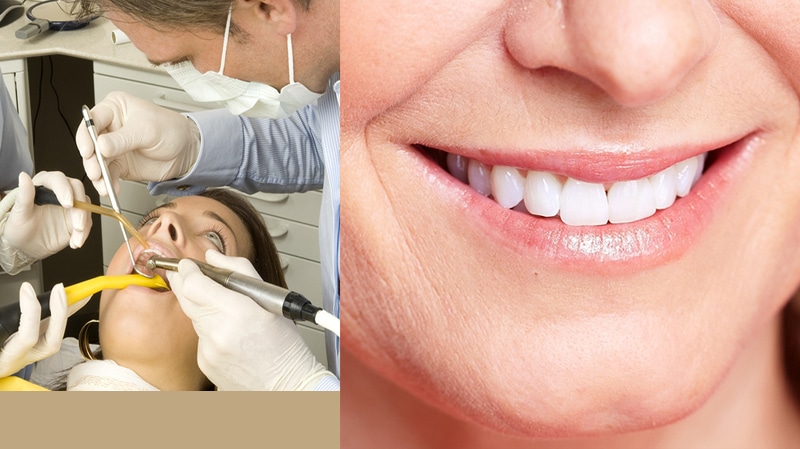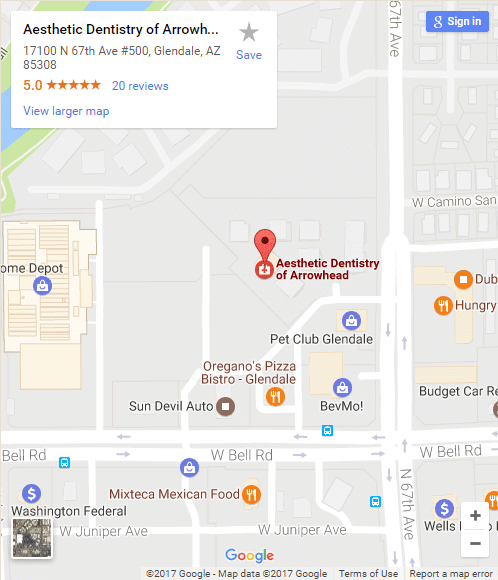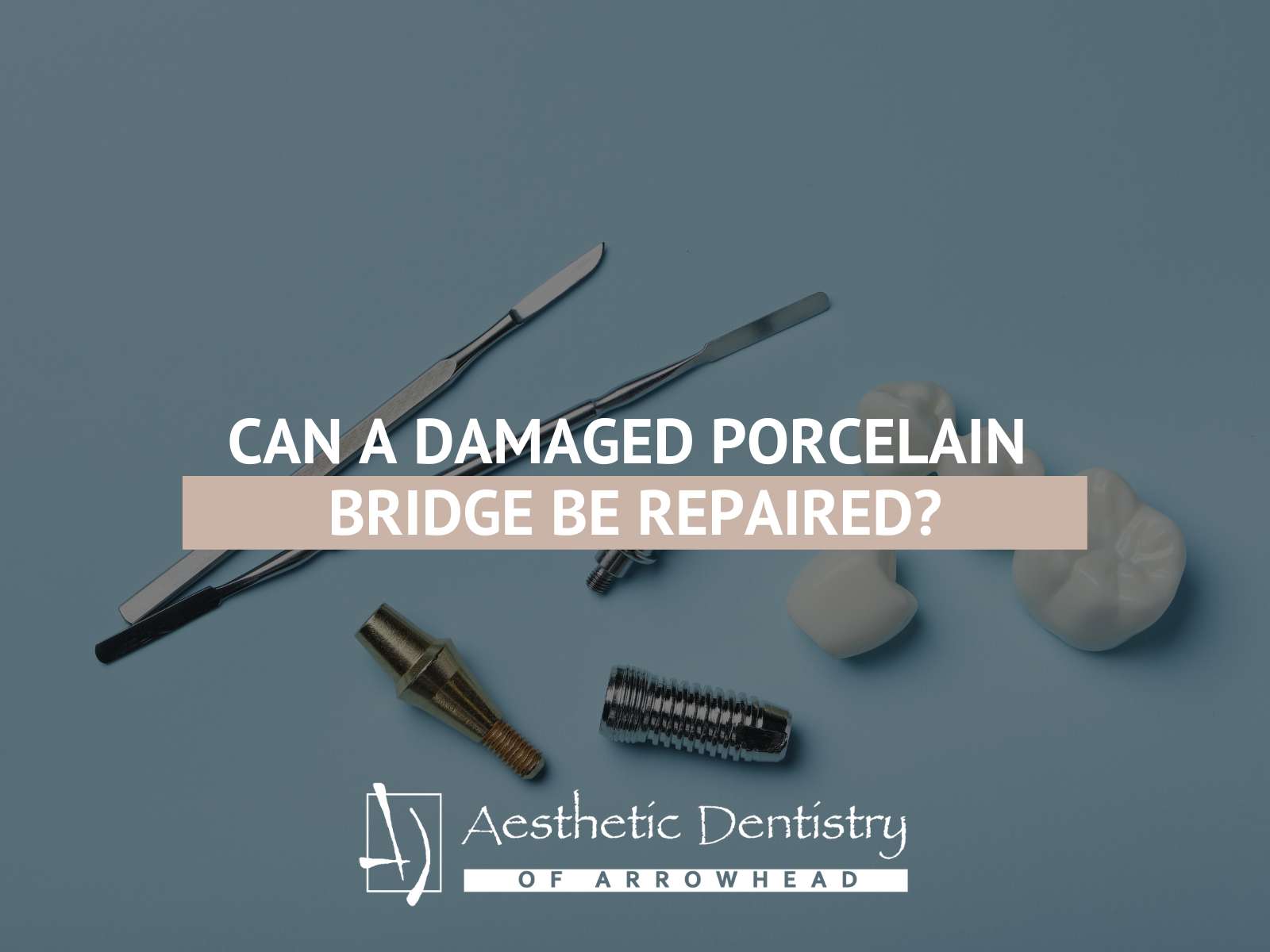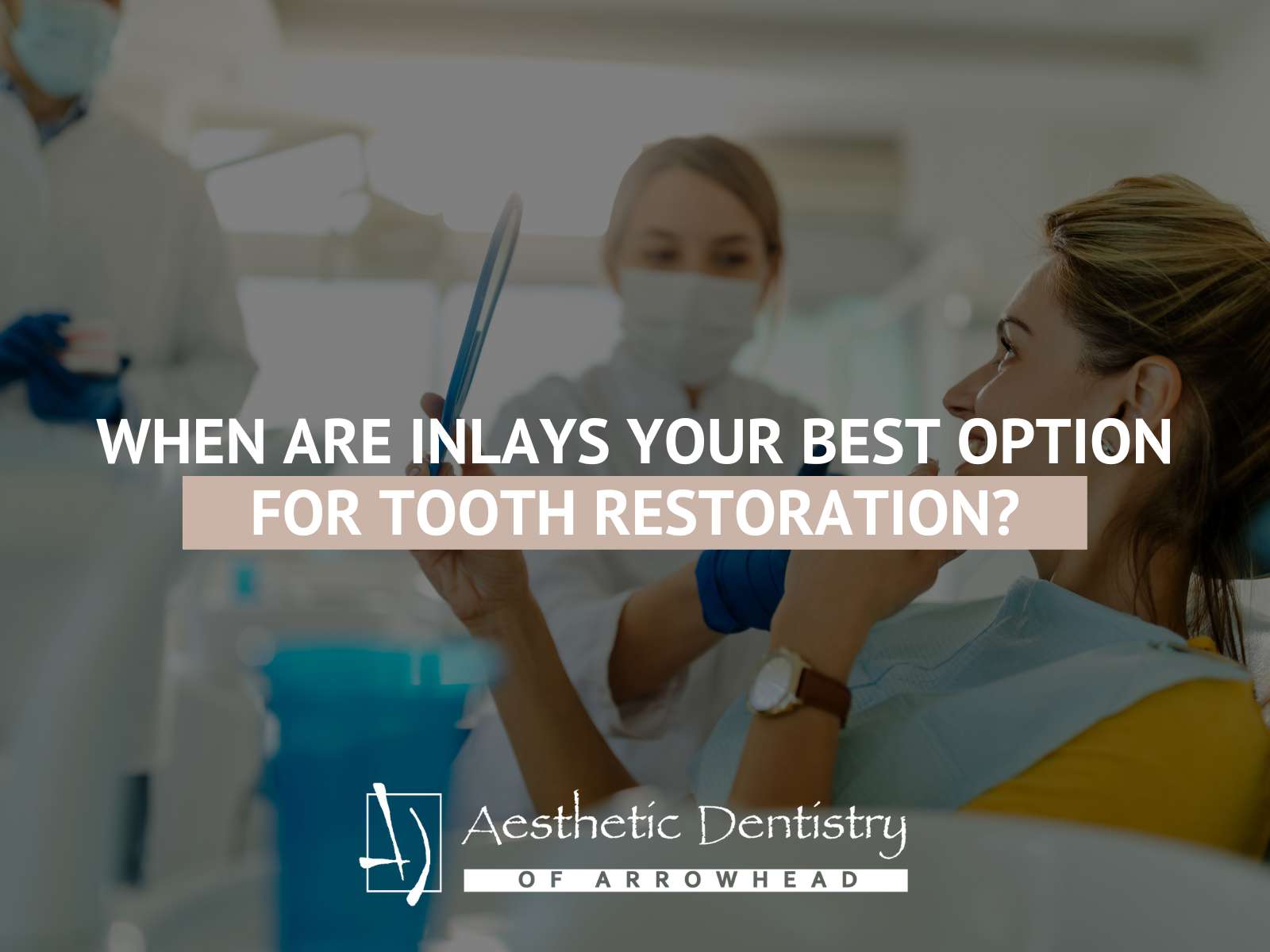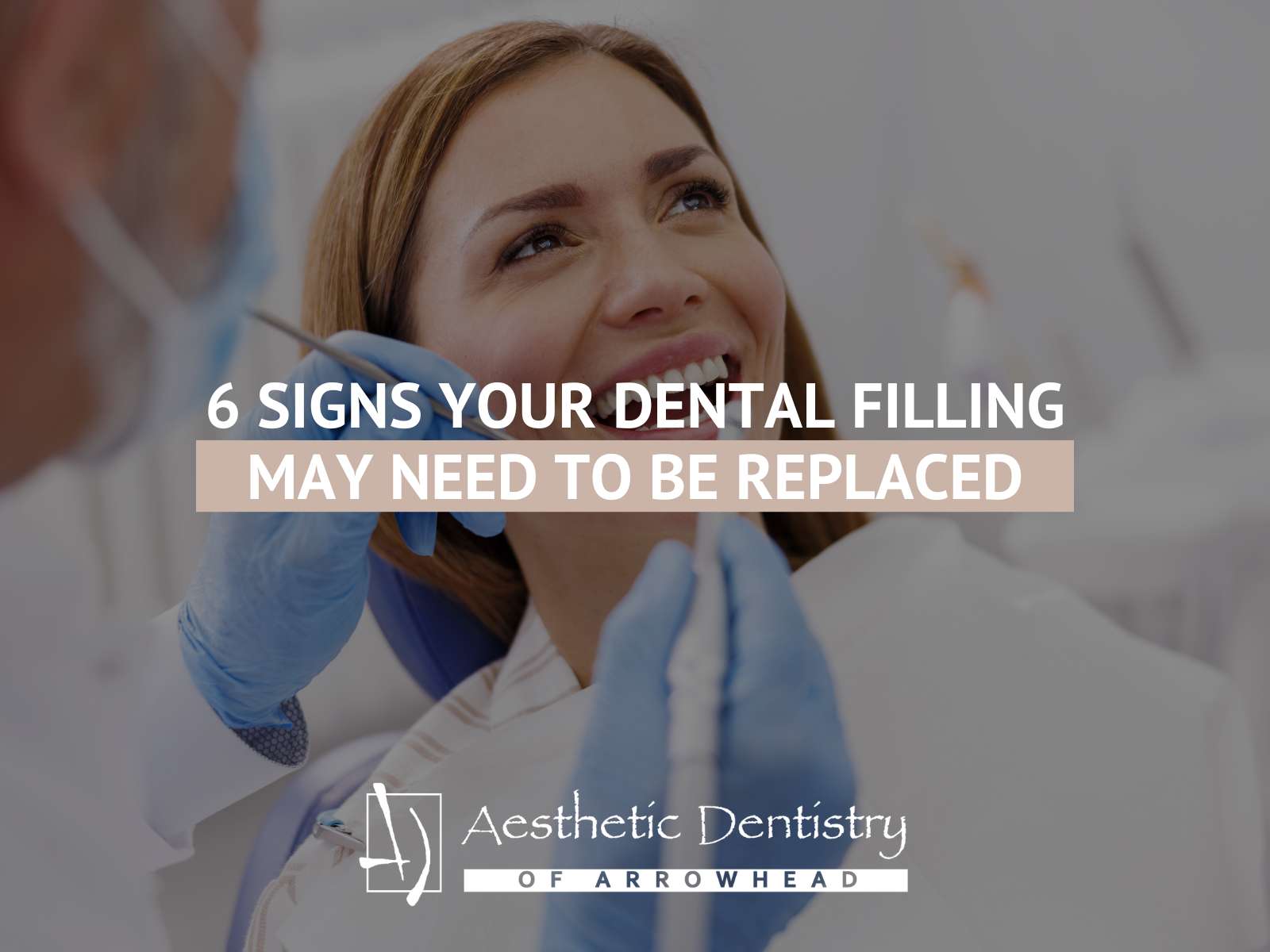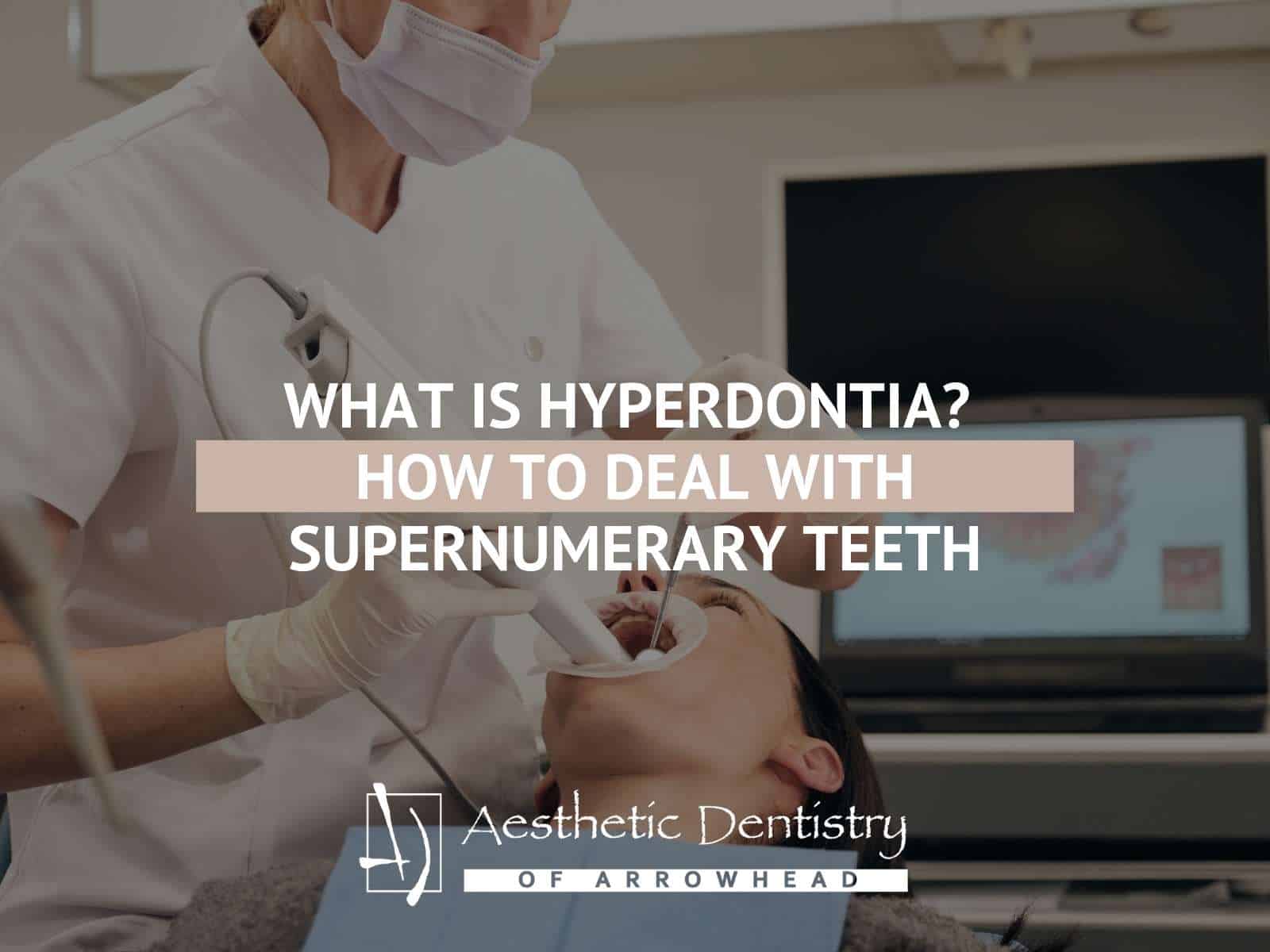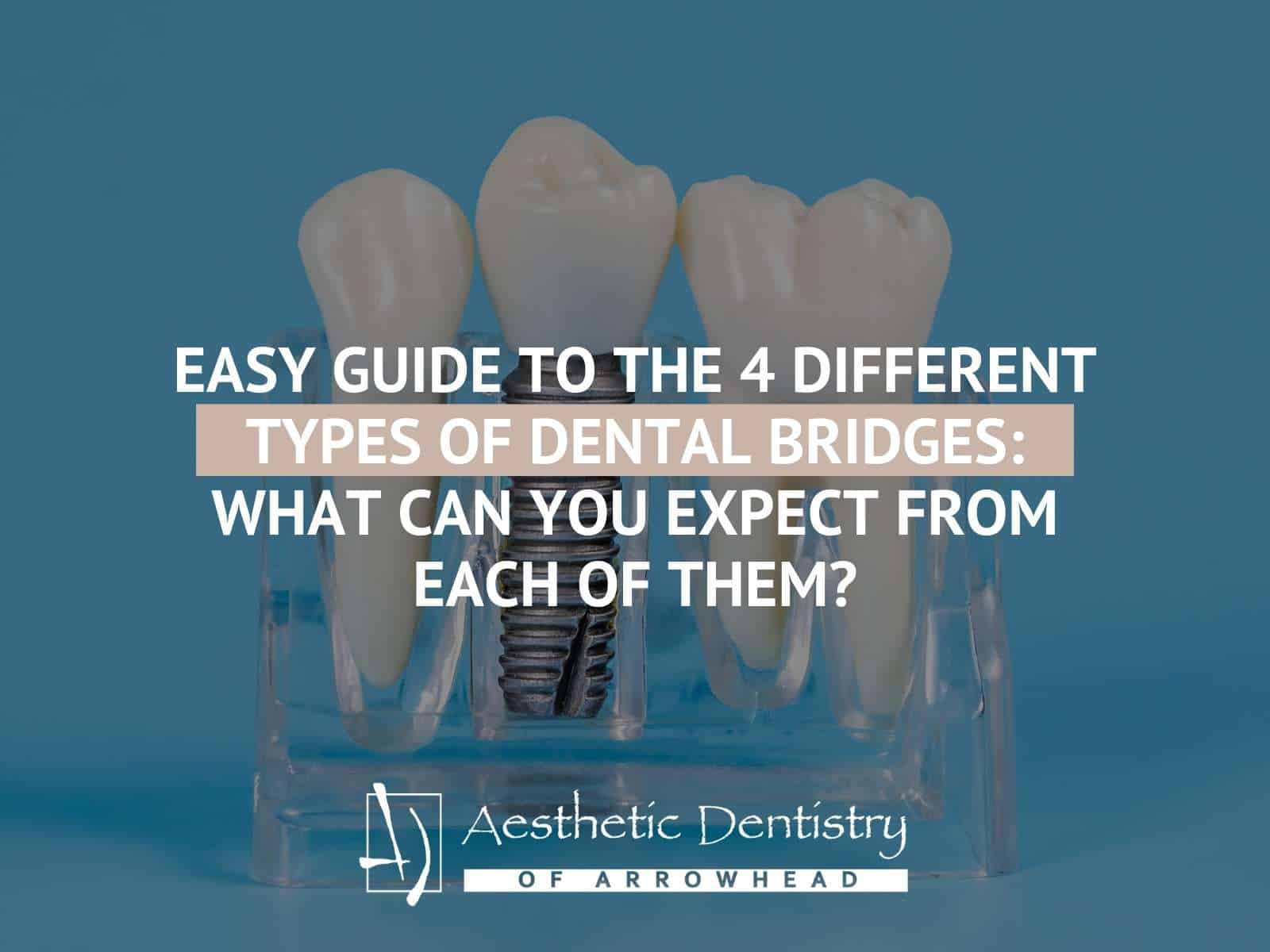Root Canal Therapy
Root canal therapy is the most commonly performed procedure amongst all endodontic treatment procedures. Your dentist performs root canal treatment to treat problems related to the soft inner pulp of a tooth.
Why do I need a root canal?
Root canal treatment is required when nerve tissue inside the teeth degenerates. Without Glendale root canal treatment, the infection in the tooth pulp can result in an abscess, which in turn can cause damage to the jawbone. You will need a root canal to save your tooth and to ensure that the tissue around the root of the tooth remains healthy and free from inflammation.
There are several reasons why your tooth may become irritated and inflamed, such as: deep decay, big fillings, trauma to the tooth, a chipped tooth or even repeated dental work.
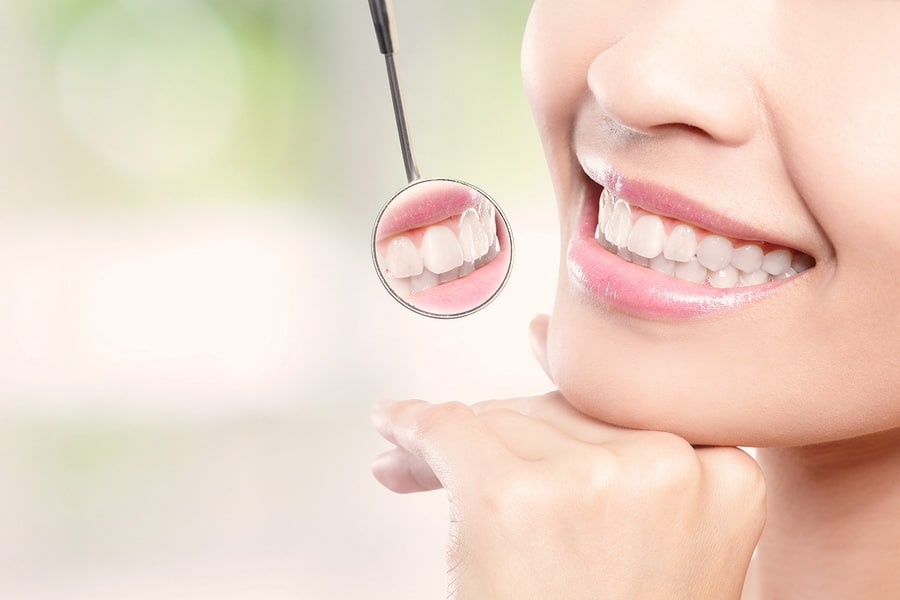
What are the symptoms or signs that a root canal is needed?
You may need a root canal if a tooth is causing you pain or if the gums adjacent to the tooth are tender and swollen. Another symptom is if the tooth appears discolored and has become extra sensitive to heat and cold. If these symptoms reveal inflamed and infected pulp inside the tooth then your dentist may recommend a Glendale AZ root canal procedure.
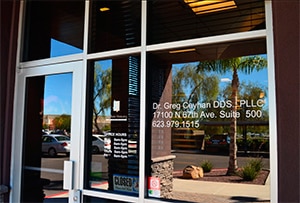

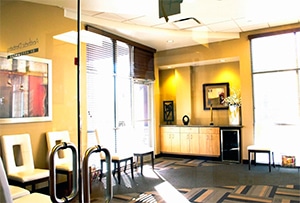


What are the causes of dental pulp or
nerve damage?
Dental caries(cavities), chipped teeth, cracked dental fillings, and injury to the teeth can cause damage to the dental pulp. If dental caries are not treated in time, the decay spreads inwards into the tooth pulp causing nerve damage. Cracked dental fillings allow saliva and harmful bacteria to reach the root canal and infect the pulp. Fractured teeth can expose the pulp. Injury to the teeth can cause pulp damage even if there are no external signs of damage to the inside of the teeth.
Why is root canal therapy
necessary?
When the nerves inside the tooth pulp die, the tooth dentin and enamel can no longer receive organic nutrients and moisture. The inflamed tissue surrounding the tooth causes toothache and infection can damage the bones around the teeth. If the damaged pulp is not treated, bacterial infection and inflammation can loosen the tooth and it may have to be removed. Therefore, Glendale Arizona root canal therapy is necessary to preserve the tooth and also protect the jawbone.
What does the root canal procedure involve?
The procedure takes place in four steps. First, the dentist studies the x-ray of the infected tooth and then administers a local anesthetic. Then, the dentist removes the inflamed nerve tissue through an opening in the crown of the tooth. The root canal is cleaned properly so that no debris or bacteria is left behind. This will ensure that infection and tissue swelling does not happen again. In the second step of the root canal procedure, the dentist will seal off the cleaned root canal cavity. This is to prevent fluids and bacteria from entering the cavity. In the third step the root canal is filled with gutta-percha and adhesive cement mixture. In the fourth and final step, a crown is placed on the sealed tooth which allows the tooth to function normally.
Risks Associated With Root Canal Therapy
After completion of root canal therapy you might feel some discomfort for few days following the treatment. To alleviate the discomfort you can follow the dentist’s recommendation on taking an over the counter pain medication. In more extreme cases the dentist may prescribe an antibiotic and prescription-strength pain reliever to help reduce any remaining infection.
Following root canal therapy you should never chew directly on the repaired tooth until its final restoration has occurred or your tooth may crack. Also, keep in mind that the longer you wait to complete the final restoration the more likely bacteria will reinfect the treated canal requring the therapy to be performed all over again.
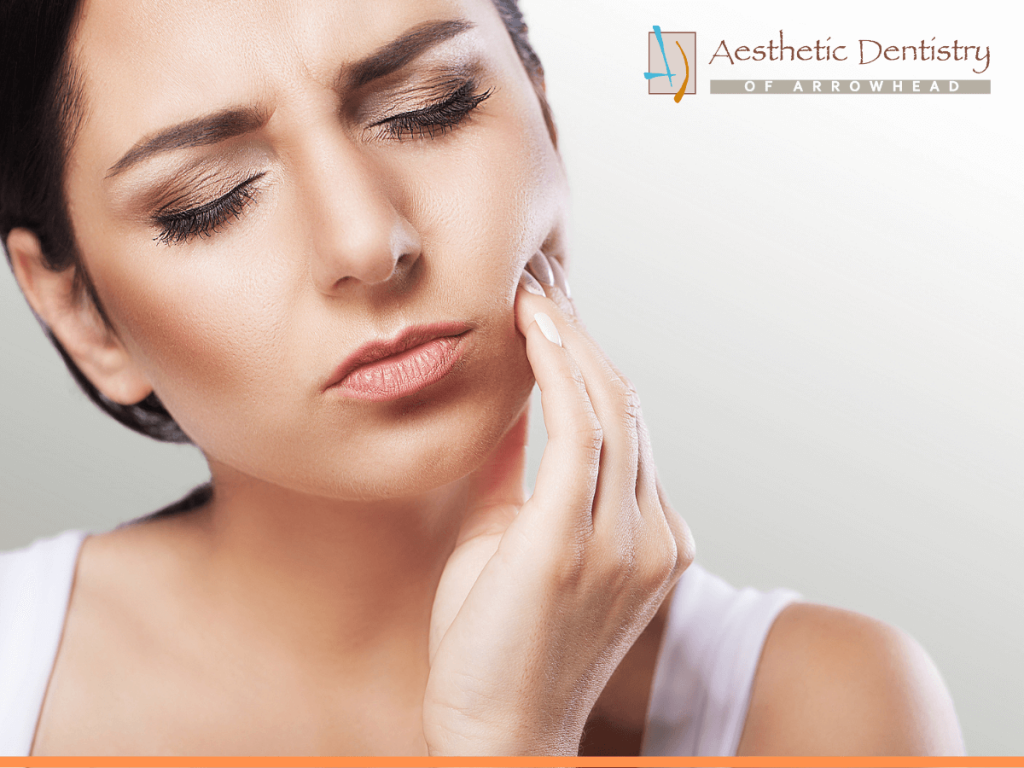
Root canal therapy, like every other treatment, is not free of unknowns and complications. There is a possibility that during the procedure a shaping file could break and get stuck in the root canal or that the root of the tooth fractures. In other cases a good seal may not be achieved due to the shape of the root. Lastly, it is possible to miss a hidden root or an extra canal that is in need of treatment. Of course these complications are the exceptions not the norm.
In the event that root canal therapy is unsuccessful, the dentist can discuss alternative options including repeating the treatment or extracting the infected tooth.

